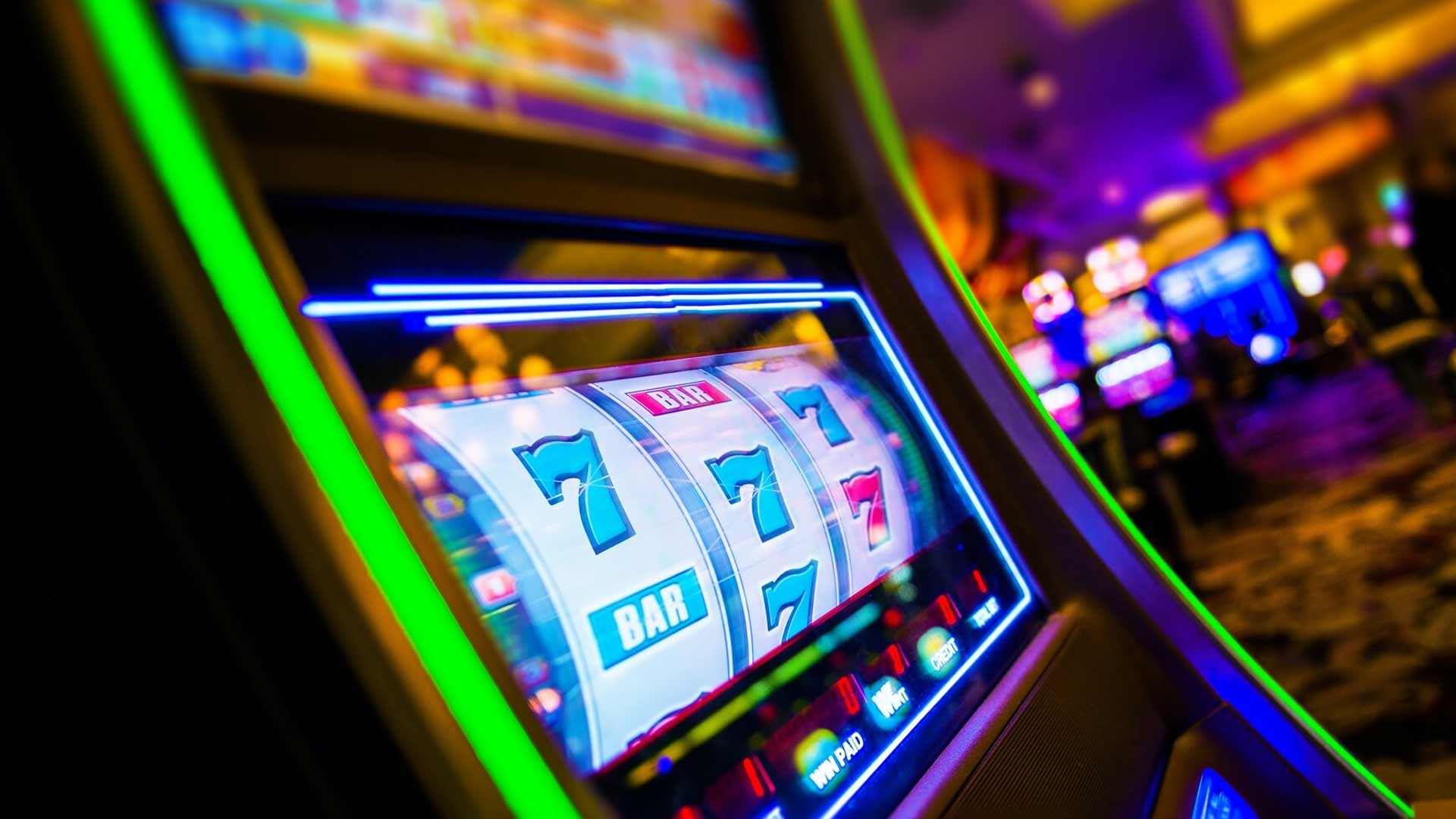The Social Dynamics of Poker Nights

The Social Dynamics of Poker Nights
Poker nights are more than just a game of cards; they are intricate social arenas where friendships are forged, rivalries simmer, and human psychology takes center stage. Far from the high-stakes, professional tournaments, the casual home poker game offers a unique microcosm of social dynamics, revealing much about individuals and their relationships. This article delves into the rich tapestry of interactions that define these beloved gatherings, exploring why they endure as a cherished social ritual.
The anticipation leading up to a poker night is a significant part of its appeal. It's a planned escape from routine, a scheduled moment for camaraderie and friendly competition. Hosts meticulously prepare the space, perhaps setting out snacks and drinks, while guests arrive with varying levels of excitement and strategy in mind. This communal preparation and arrival establish an immediate sense of shared purpose and belonging. It’s an informal contract of entertainment and interaction, where the stakes are often low in monetary terms but high in social currency, fostering an environment where individuals can relax and engage on a deeper level than in typical social outings.
One of the most fascinating aspects of poker nights is the rich tapestry of communication that unfolds. Beyond the verbal declarations of "raise," "call," or "fold," players constantly engage in non-verbal cues. A subtle smirk, a nervous fidget, or an unreadable "poker face" all contribute to the game's psychological warfare. Understanding these 'tells' becomes a secondary game in itself, requiring keen observation and social intelligence. It’s a masterclass in reading body language and deciphering intentions, skills that translate well beyond the poker table. This constant analysis of opponents’ behavior, whether conscious or unconscious, adds layers of strategic depth and personal interaction, making each hand a mini-drama.
Poker nights inherently involve a delicate balance of cooperation and competition. While players are adversaries at the table, they are friends and acquaintances outside of it. This dynamic tests and strengthens relationships. Winning a big pot from a friend, or bluffing an unsuspecting opponent, can lead to good-natured teasing and banter, fostering stronger bonds through shared experiences and playful rivalry. Conversely, it can also reveal underlying tensions or competitive streaks, which, when navigated well, can lead to deeper understanding. The shared laughter over a bad beat or the collective groan at a lucky draw creates a sense of shared community and mutual experience. These social gatherings also provide a platform for storytelling and catching up, where the game acts as a backdrop to deeper conversations.
At its core, poker is a game of decision-making under uncertainty, a mirror reflecting an individual's approach to risk and reward. How one bets, when one bluffs, and how one reacts to losses reveals a great deal about their personality. Some players are aggressive, others cautious; some are stoic, others emotional. The game provides a safe environment to experiment with different personas and strategies, allowing participants to explore facets of their character they might not ordinarily reveal. This psychological exploration, combined with the thrill of potential wins and the agony of defeat, contributes to the emotional rollercoaster that makes poker nights so engaging. For those interested in the broader world of strategic gaming and the excitement of wagering, exploring platforms such as m88 taruhan sport can offer a different dimension of competitive engagement.
Unlike many highly specialized games, poker is relatively easy to learn, making it accessible to a wide range of people. This inclusivity is a key factor in its social success. Newcomers can quickly grasp the basics, and experienced players often enjoy mentoring, fostering a welcoming atmosphere. This low barrier to entry means poker nights can draw together diverse groups – family members, old friends, new acquaintances, and even colleagues – who might not otherwise socialize. The shared activity breaks down social barriers, promoting a sense of collective identity and strengthening the bonds within a community. It’s a place where diverse personalities converge, united by a deck of cards and the universal language of strategy and chance.
The enduring popularity of poker nights lies not just in the thrill of the game itself, but in their profound social utility. They are not merely about winning money or honing strategy; they are vital spaces for human connection, personal expression, and community building. From the subtle art of reading tells to the laughter shared over a particularly bold bluff, every element contributes to a rich tapestry of social dynamics. In an increasingly digital world, the tangible, face-to-face interactions facilitated by a friendly game of poker remain an invaluable means of fostering genuine relationships and creating lasting memories.